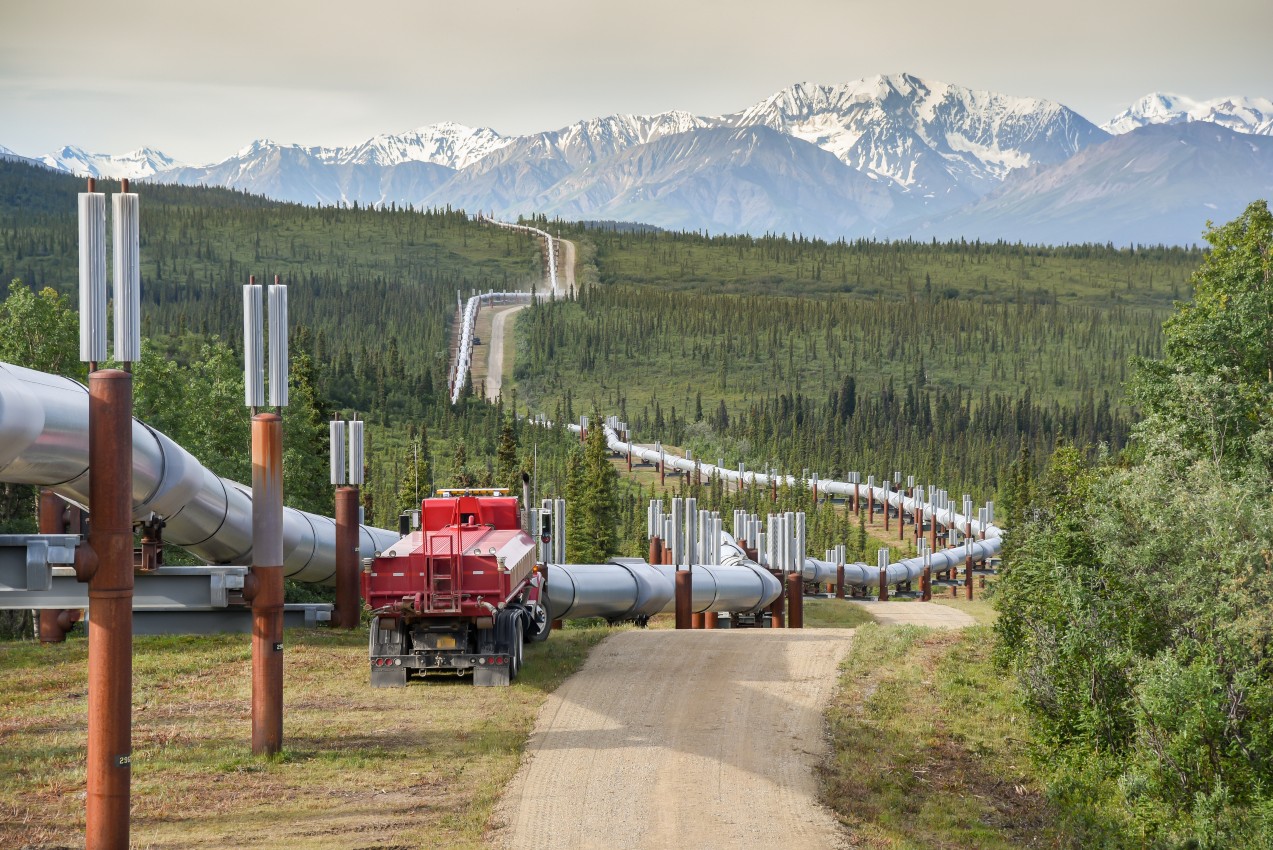Bills that target the public's right to monitor air pollution are popping up in state legislatures

A wave of industry-backed bills that would ban or restrict the public’s ability to test for air pollution in their neighborhoods is hitting state legislatures, putting citizen science at risk in some states.
In 2024, the Louisiana legislature passed a bill that effectively bans community groups from using their own air monitoring to warn residents about pollution or publicly advocate for cleanup action. Kentucky passed a similar law in March that took effect on June 25.
These community air monitors can fill in information gaps left by government agencies’ official regulatory monitoring network. Government agencies perform some air pollution monitoring, but their coverage can often be sparse, especially outside of major cities.
Kentucky’s law, HB 137, is less strict than Louisiana’s, but still restricts the types of air pollution monitoring equipment that both local residents and the state can use for environmental enforcement purposes. The bill drew support from the Kentucky Association of Manufacturers.
Under the broadest possible reading, the Kentucky law could hinder efforts by the Louisville Metro Air Pollution Control District and the state Division of Air Quality to investigate or issue a violation after a community complaint over nuisance issues like dust or odor, said Byron Gary, program attorney with Kentucky Resources Council.
“We have concerns,” Gary said, “but we're hopeful that maybe [the agencies] agree with us that that is the broadest possible reading and not the only way to read it.”
In Ohio, legislators in the state’s House Finance Committee in April attempted to insert language into the legislature’s general appropriations bill that would restrict the use of data from community air monitoring to enforce environmental laws. The language was later stripped from the bill on the House floor.
And in West Virginia, an industry association has pushed for a bill over the last two years that would add roadblocks to community air monitoring programs. So far, both of these attempts have failed.
Community health advocates in West Virginia say industry groups lobbied for the bills – including SB 575, the most recent version – after local groups began installing dozens of air pollution monitors around the state.
The relatively affordable brand of monitors – called “Purple Air” monitors, often used by local community groups across the U.S. -- feed data to an international air quality map and allow for alerts to be sent to resident’s smartphones when the monitors record a spike in particulate air pollution, sometimes called soot, which has been linked to a host of harmful health impacts including lung and heart disease.
The EPA provides grant funding to purchase these monitors and lends monitors they have to community groups.
Morgan King, climate and energy program manager with West Virginia Citizen Action Group, said that independent, community air pollution monitoring is valuable.
“We're just trying to get information out there so that folks can make those informed decisions for their health and be able to better advocate for their lived environment,” said King.
She led efforts this year to install 41 PurpleAir Flex monitors, which cost less than $300 each, mainly at peoples’ homes.
West Virginia Manufacturers Association President Bill Bissett argued in a February hearing that year’s version of the legislation – HB 5018 – “does not stop community monitoring.” However, the bill would have limited how data, gathered by communities, could be used and barred it from being used for the enforcement of air pollution control laws – which would protect the health of communities.
Louisiana’s law is the strictest passed so far. It imposes penalties of up to $32,500 per day – plus $1 million for intentional violations — on neighborhood groups that publicly discuss their use of local air monitors that fail to meet government standards to detect dangerous levels of air pollution from chemical plants, refineries, and other industries. It also bars groups from discussing results that show violations (though they are allowed to share results that show the air is safe).
In response, the Environmental Integrity Project and Public Citizen Litigation Group on May 22 sued state officials on behalf of RISE St. James, The Descendants Project, Micah 6:8 Mission, The Concerned Citizens of St. John, Claiborne Avenue Alliance Design Studio, and JOIN for Clean Air. The groups argue that the law is a violation of their right to free speech and is preempted by the federal Clean Air Act.
The efforts to restrict community air monitoring in multiple states runs counter to the goals of the 2022 Inflation Reduction Act, which made $81 million in grants available for community air monitoring projects. These grants were an action by Congress and the Biden Administration to help protect communities of color and lower-income neighborhoods that bear a disproportionate burden of industrial air pollution.
One environmental justice group in southwest Louisiana, called Micah 6:8 Mission, used a federal grant to buy a monitor to measure nitrogen oxides and particulate matter pollution in Sulphur, near the Westlake chemical plant complex outside Lake Charles. The monitor found that on more than two-thirds of days, people in their community breathe unhealthy levels of particulate pollution, which can trigger heart and asthma attacks.
The group used to post its data on its Facebook page but has now stopped out of fear of the Louisiana law’s financial penalties. The law also blocks the group from alerting residents if the air is not safe to breathe.
“This law is an attack on truth and on our community’s right to protect itself,” the group’s director, Cynthia Robertson, said. “Louisiana wants to silence us for doing what the state refuses to do—tell people what’s in the air they breathe.”
Environmental Health Project, a Pittsburgh-based nonprofit, also provides data analysis support to groups that received funding through the EPA to assist with its air monitoring work in Pennsylvania, Ohio, and West Virginia. This includes analyzing air monitoring data in Beaver County, Pennsylvania, near a massive Shell ethane cracker plant, which last year paid $10 million in fines for air pollution violations in 2023.
In southeastern Ohio, Environmental Health Project is working with residents to install air pollution monitors near where companies are planning fracking wells to extract natural gas underneath public land.
Under the language that was being considered in Ohio, state and local regulators would not be allowed to use data from these sensors to “support” any environmental enforcement actions, including violations or fines. Nor could citizen groups use the data as the basis for a lawsuit over the pollution.
Nathan Deron, program manager with the Environmental Health Project, said the air monitors are not for enforcing regulations but rather to “study the impacts of particular facilities on their surrounding communities.”
In some areas, monitors frequently detect levels of fine particulate matter, or soot, that exceed national air quality standards or recommended levels from the World Health Organization, Deron said. This pollution has been linked to hospitalizations and asthma attacks at levels below the EPA’s formal standards.
“Even if we’re within EPA standards there, we know that there are going to be health impacts at lower concentrations,” Deron said.















